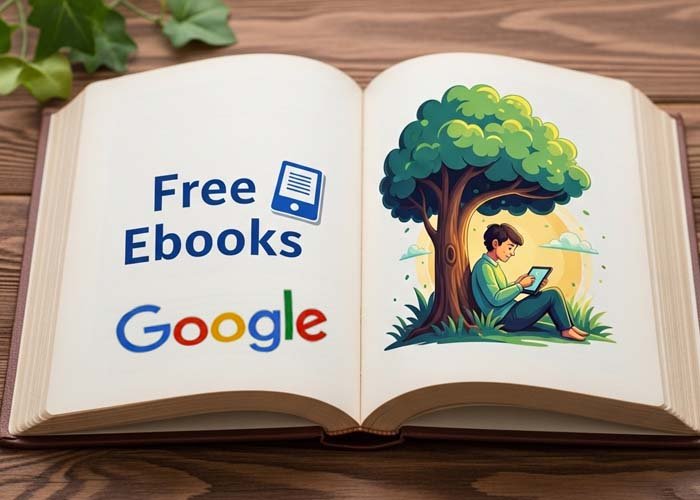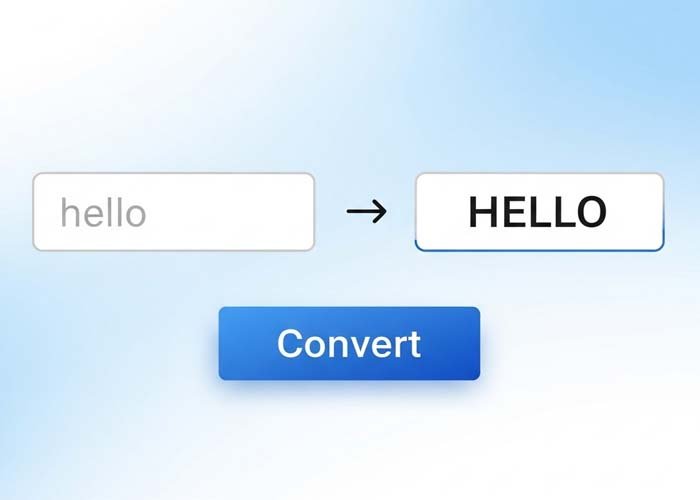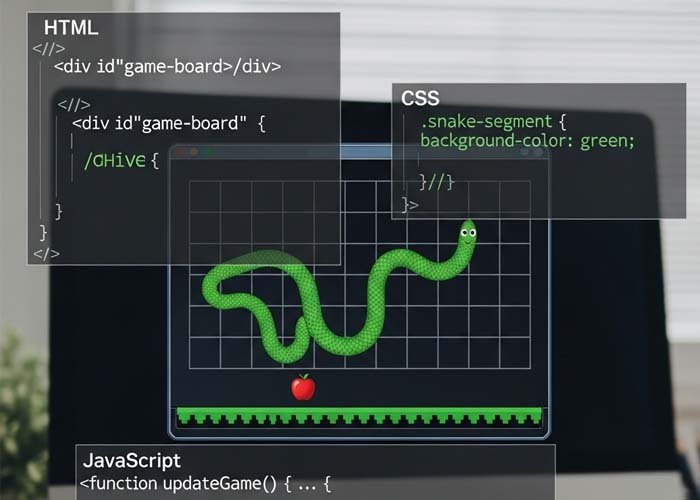Neon Toggle Switch Design Using HTML & CSS
Looking for a creative toggle switch design that brings your UI to life? This neon-style checkbox toggle combines modern design trends like 3D lighting effects, glowing shadows, and smooth transitions — all built using pure HTML and CSS.
This design mimics a pressable neon-lit tile that changes color and appearance when toggled, making it perfect for interactive components like dark/light mode, feature toggles, or switches in modern web interfaces.
How the Neon Toggle Works
This toggle effect is designed using a custom-styled <input type="checkbox"> wrapped inside a <label>, along with additional CSS styling using pseudo-elements and box shadows. Here’s a breakdown of the core logic:
1. Structure Overview
The
labelacts as the clickable area.A
spanelement behind the checkbox creates the background design.A
pelement with the letter “N” represents the toggle text.The actual checkbox is hidden using
appearance: none.
2. Default State (Unchecked)
The tile has a soft 3D effect with a light gradient and inner shadow.
The letter “N” is styled with a muted color (
#6d8e90).The overall appearance looks like an inactive button.
3. Hover and Active State
When the checkbox is checked, the background shifts to a dark teal gradient.
The
spanuses an inset shadow for a pressed effect.The text color changes to white, and a neon glow is added using multiple
drop-shadow()layers.
4. Animation & Interaction
There’s no JavaScript involved — all interactivity and visual changes are controlled with CSS and the
:checkedselector.Transitions are smooth, thanks to layered shadows and gradients.
Why This Design Is Useful
Eye-Catching Aesthetics: The glowing effect makes it stand out, ideal for tech, gaming, or futuristic themes.
Pure CSS: No JavaScript needed — clean and fast-loading.
Customizable: Easily change the color, text, size, or toggle logic for your project.
Where to Use It
This toggle design can be used for:
Theme switchers (e.g., light/dark mode)
Preference settings (sound on/off, notifications, etc.)
Forms and UIs that need a modern visual upgrade
Games or apps that use neon or sci-fi UI themes
Learn by Practicing
If you’re exploring front-end design and want to see how interactive UI elements work, this is a great example to experiment with. You can:
Replace the letter “N” with icons or other letters
Adjust the colors to fit your brand
Add more animations or transitions
Try modifying it live on your own practice tool, like Learn Code Online Free Of Cost, and see how small changes in CSS create big visual differences.
Final Thoughts
This glowing neon toggle is a stylish and functional component for any modern website. It’s a great example of how CSS alone can create advanced visual effects and interactivity. Use it as a foundation for building more advanced UI elements in your front-end projects.
This code uses HTML and CSS only — no JavaScript included.
Copyright – 2025 mnikita7767 (Nikita Manwani)
Permission is freely granted to anyone who obtains a copy of this software and its accompanying documentation files (referred to as “the Software”), allowing them to use, copy, modify, merge, publish, distribute, sublicense, and even sell copies of the Software. Additionally, users are allowed to permit others to use the Software under these same terms.
It is required that the above copyright notices and this permission notice be included in all versions or significant portions of the Software.
Please note, the Software is provided “as is”, without any form of warranty—express or implied. This includes, but is not limited to, warranties of merchantability, fitness for a specific purpose, or non-infringement. Under no circumstances shall the original authors or rights holders be held responsible for any claims, damages, or other liabilities that may arise from the use of the Software, whether through legal action, negligence, or otherwise.
All code on Freeofcosts.com is reviewed before publishing. Each post includes a live code editor with real-time preview, so you can experiment and learn by doing. Most code is open-source and free to use or modify under respective licenses.



